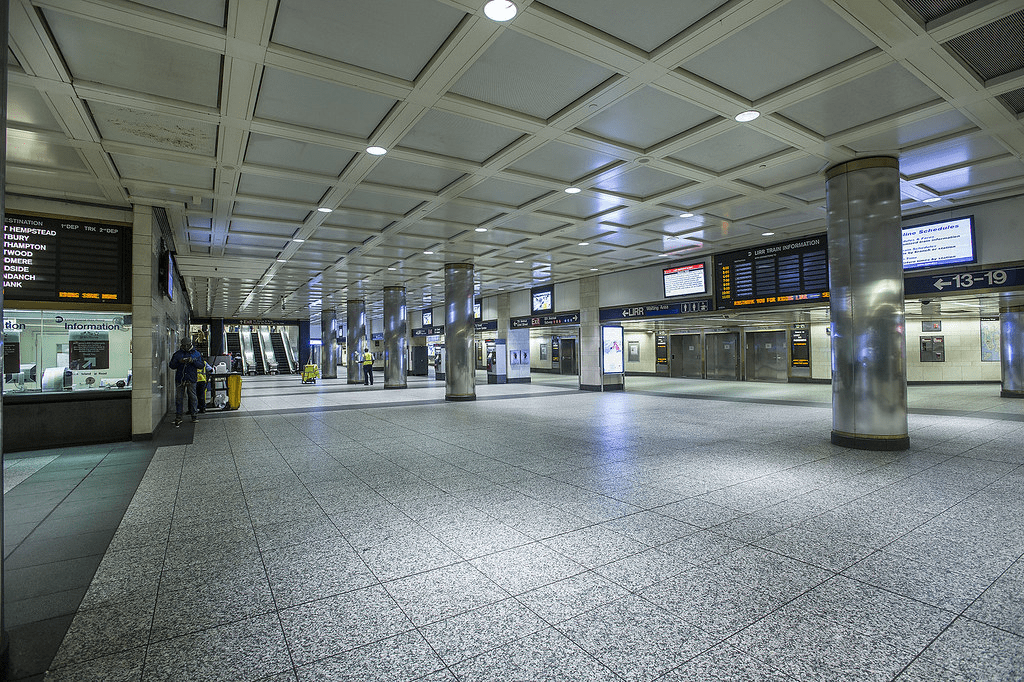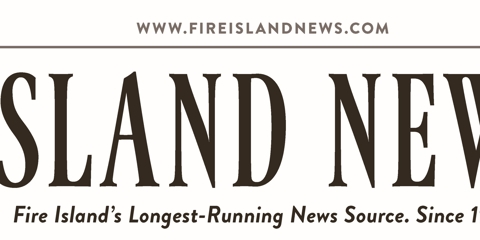Executive Order 202.6, issued by the New York State Department of Economic Development (d/b/a Empire State Development) on March 18, directs all businesses and nonprofit entities in New York State to utilize to the maximum extent possible telecommuting or work-from-home procedures.
By 8 pm Saturday, March 21, employers (excluding local and state governments and authorities) must reduce their in-person workforce at each business or location by 75% from employment levels prior to the state of emergency declaration (Executive Order 202, issued March 7).
By 8 pm Sunday, March 22, in-person workforce must be reduced by 100%.
Businesses and entities designated as “essential” are exempt from the Order. However, they must still comply with the US Department of Health’s directives for maintaining a clean and safe work environment.
The guidance below is intended to assist businesses in determining whether they are considered essential and how to request such designation.
This applies to each business location individually. Businesses and entities that operate or provide both essential and non-essential services, supplies, or support, will only be considered essential with respect to necessary operations. Other operations of the same businesses may not be exempt from the Order.
Executive Order 202.6 designates an “Essential Business” as:
1. Essential health care operations including
- research and laboratory services
- hospitals
- walk-in-care health facilities
- emergency veterinary and livestock services
- elder care
- medical wholesale and distribution
- home health care workers or aides for the elderly
- doctor and emergency dental
- nursing homes, or residential health care facilities or congregate care facilities
- medical supplies and equipment manufacturers and providers
2. Essential infrastructure including
- utilities including power generation, fuel supply and transmission
- public water and wastewater
- telecommunications and data centers
- airports/airlines
- transportation infrastructure such as bus, rail, or for-hire vehicles, garages
- hotels, and places of accommodation
3. Essential manufacturing including
- food processing, manufacturing agents, including all foods and beverages
- chemicals
- medical equipment/instruments
- pharmaceuticals
- sanitary products
- telecommunications
- microelectronics/semi-conductor
- agriculture/farms
- household paper products
4. Essential retail including
- grocery stores including all food and beverage stores
- pharmacies
- convenience stores
- farmer’s markets
- gas stations
- restaurants/bars (but only for take-out/delivery)
- hardware and building material stores
5. Essential services including
- trash and recycling collection, processing and disposal
- mail and shipping services
- laundromats
- building cleaning and maintenance
- child care services
- auto repair
- warehouse/distribution and fulfillment
- funeral homes, crematoriums and cemeteries
- storage for essential businesses
- animal shelters
6. News media
7. Financial Institutions including
- banks
- insurance
- payroll
- accounting
- services related to financial markets
8. Providers of basic necessities to economically disadvantaged populations including
- homeless shelters and congregate care facilities
- food banks
- human services providers whose function includes the direct care of patients in state-licensed or funded voluntary programs; the care, protection, custody and oversight of individuals both in the community and in state-licensed residential facilities; those operating community shelters and other critical human services agencies providing direct care or support
9. Construction including
- skilled trades such as electricians, plumbers
- other related construction firms and professionals for essential infrastructure or for emergency repair and safety purposes
10. Defense
- defense and national security-related operations supporting the U.S. Government or a contractor to the US government
11. Essential services necessary to maintain the safety, sanitation and essential operations of residences or other essential businesses including
- law enforcement
- fire prevention and response
- building code enforcement
- security
- emergency management and response
- building cleaners or janitors
- general maintenance whether employed by the entity directly or a vendor
- automotive repair
- disinfection
12. Vendors that provide essential services or products, including logistics and technology support, child care and services:
- logistics
- technology support for online services
- child care programs and services
- government owned or leased buildings
- essential government services
Houses of worship are not ordered closed, however congregate services are strongly discouraged.
If your business is not included in this list but you believe that it is essential or provides essential services or functions, you may request designation as an essential business here. (All fields must be completed to be considered.)
Every business, whether essential or nonessential, is strongly urged to maintain social distancing to the extent possible.
Restrictions on requesting designation as an essential business:
- Any business that only has a single occupant/employee (i.e. gas station) has been deemed exempt and need not submit a request to be designated as an essential business.
- Businesses ordered to close on Monday, March 15, 2020 under the restrictions on any gathering with 50 or more participants, including but not limited to, bars, restaurants, gyms, movie theaters, casinos, auditoriums, concerts, conferences, worship services, sporting events, and physical fitness centers, are presumed to be compliant with NYS issued restrictions and must remain closed and are not eligible for designation as an essential business for purposes of this guidance.
We will continue to update you with further developments, including details regarding the paid sick leave policy. To stay updated with the latest information, sign up for our mailing lists.
Andrew Kimler is a partner at Vishnick McGovern Milizio LLP, where he heads the Alternative Dispute Resolution Practice and is a key member of the firm’s Commercial Litigation, Employment Law, and LGBTQ Representation Practices. He regularly writes and lectures on employment law matters. For more information, contact Mr. Kimler at akimler@vmmlegal.com or 516-437-4385 x122.



